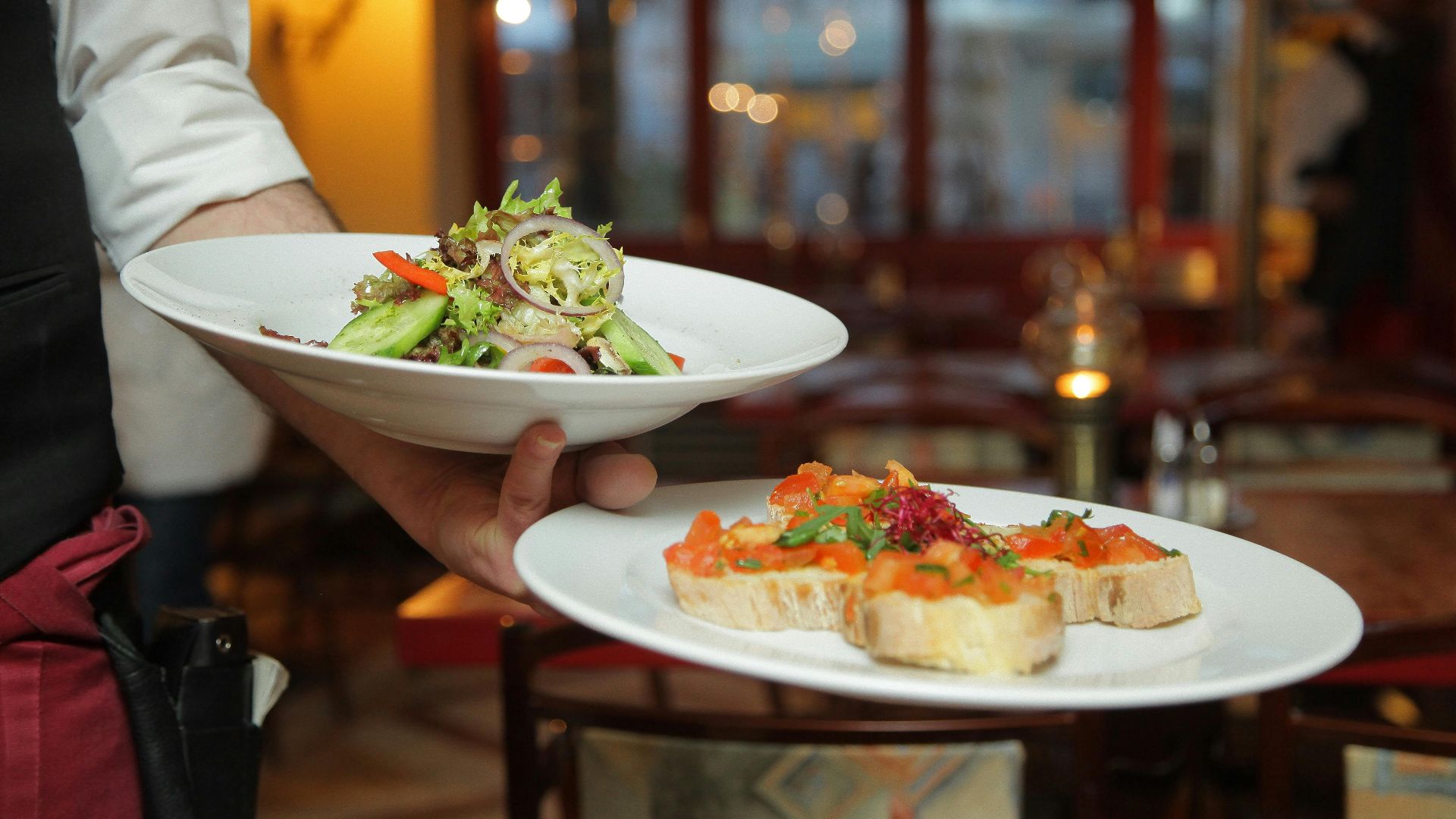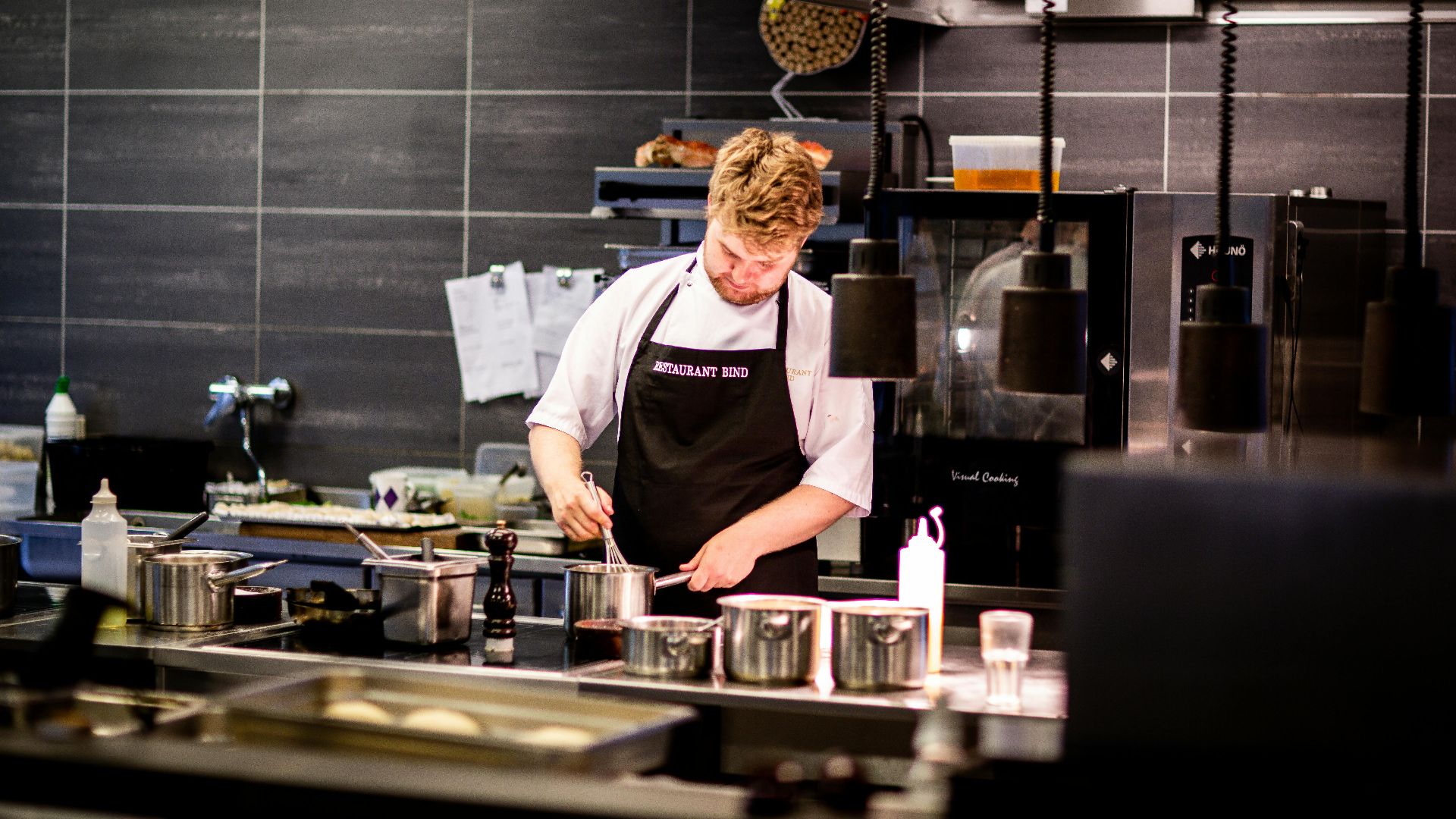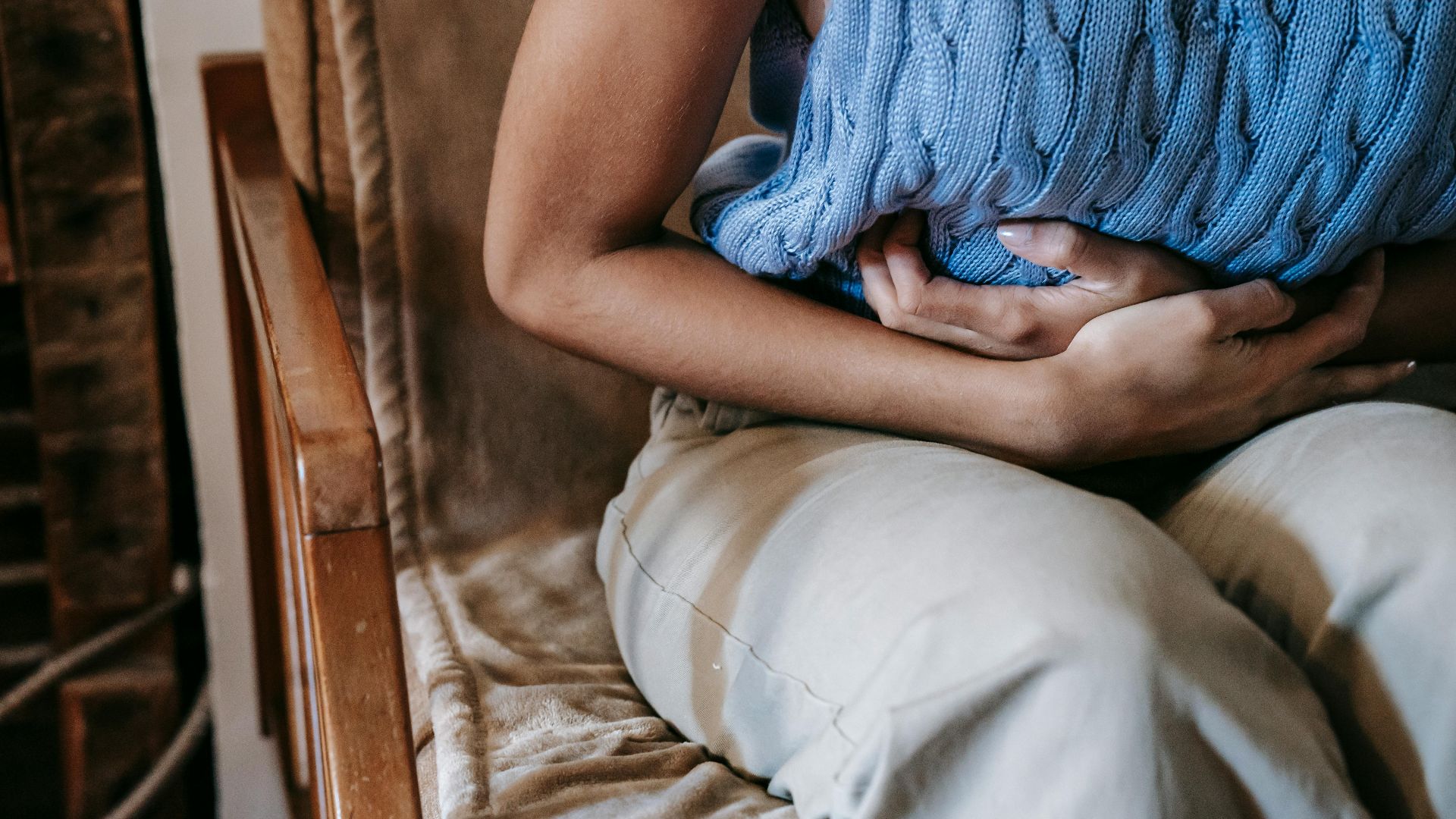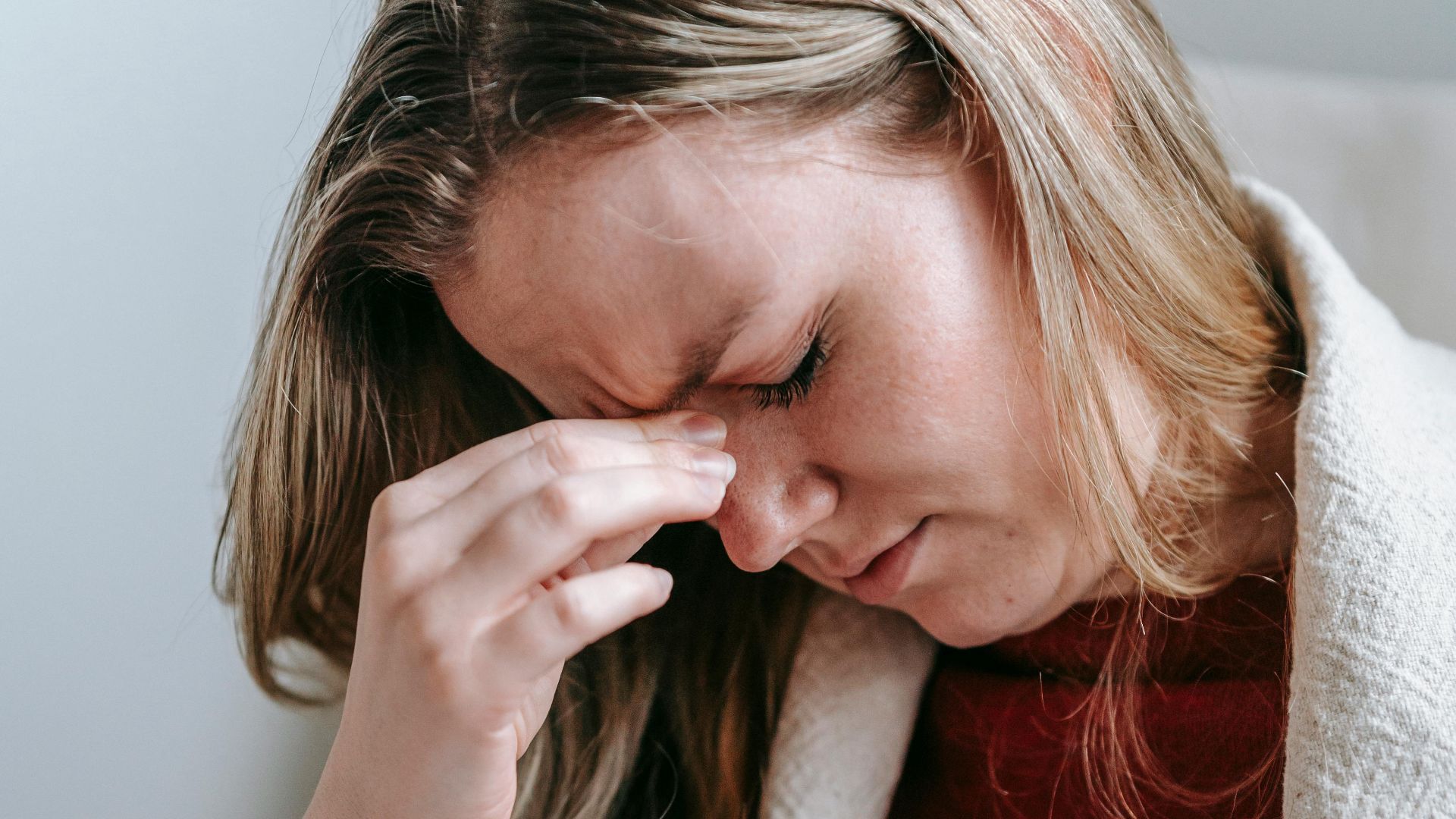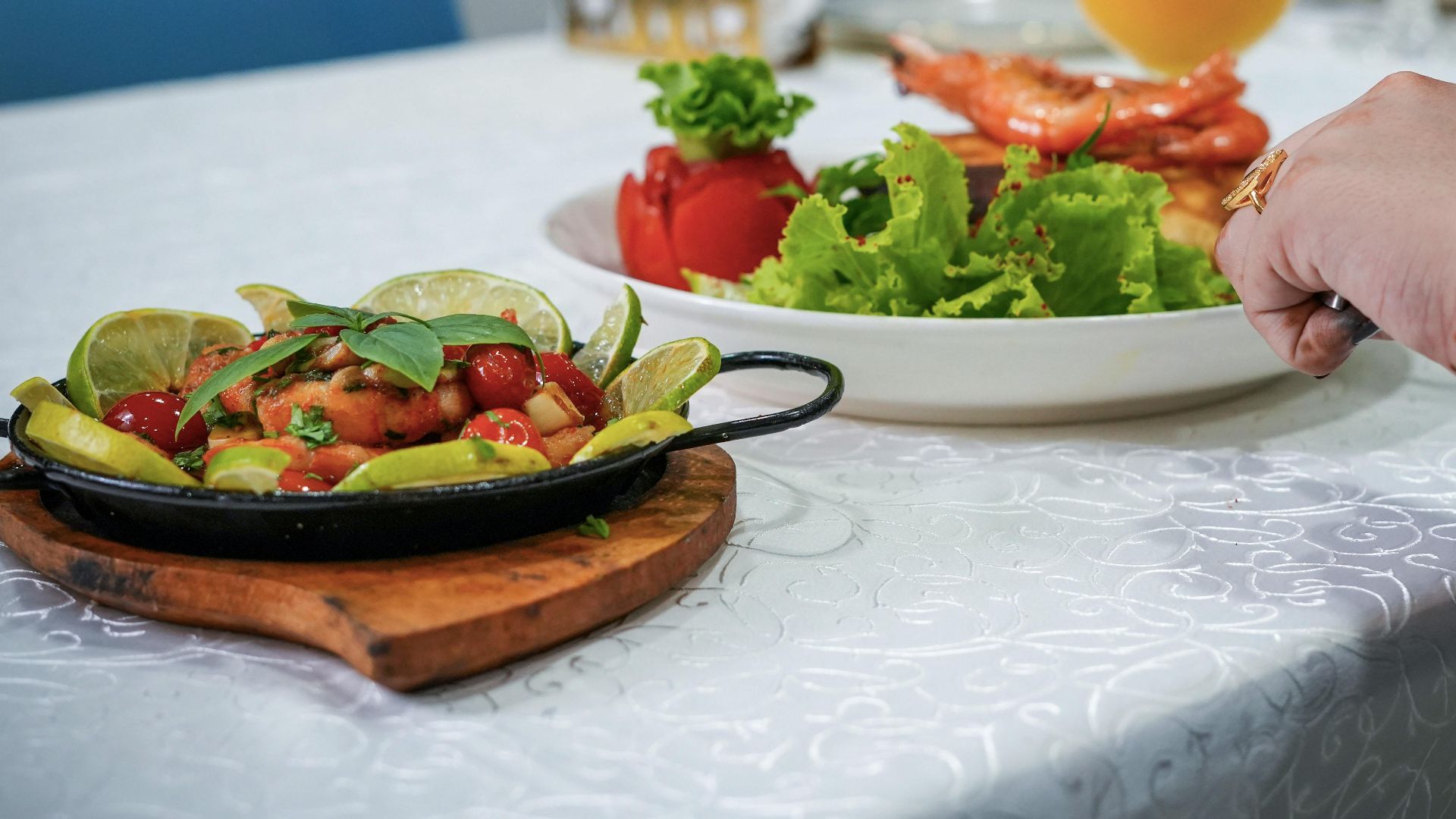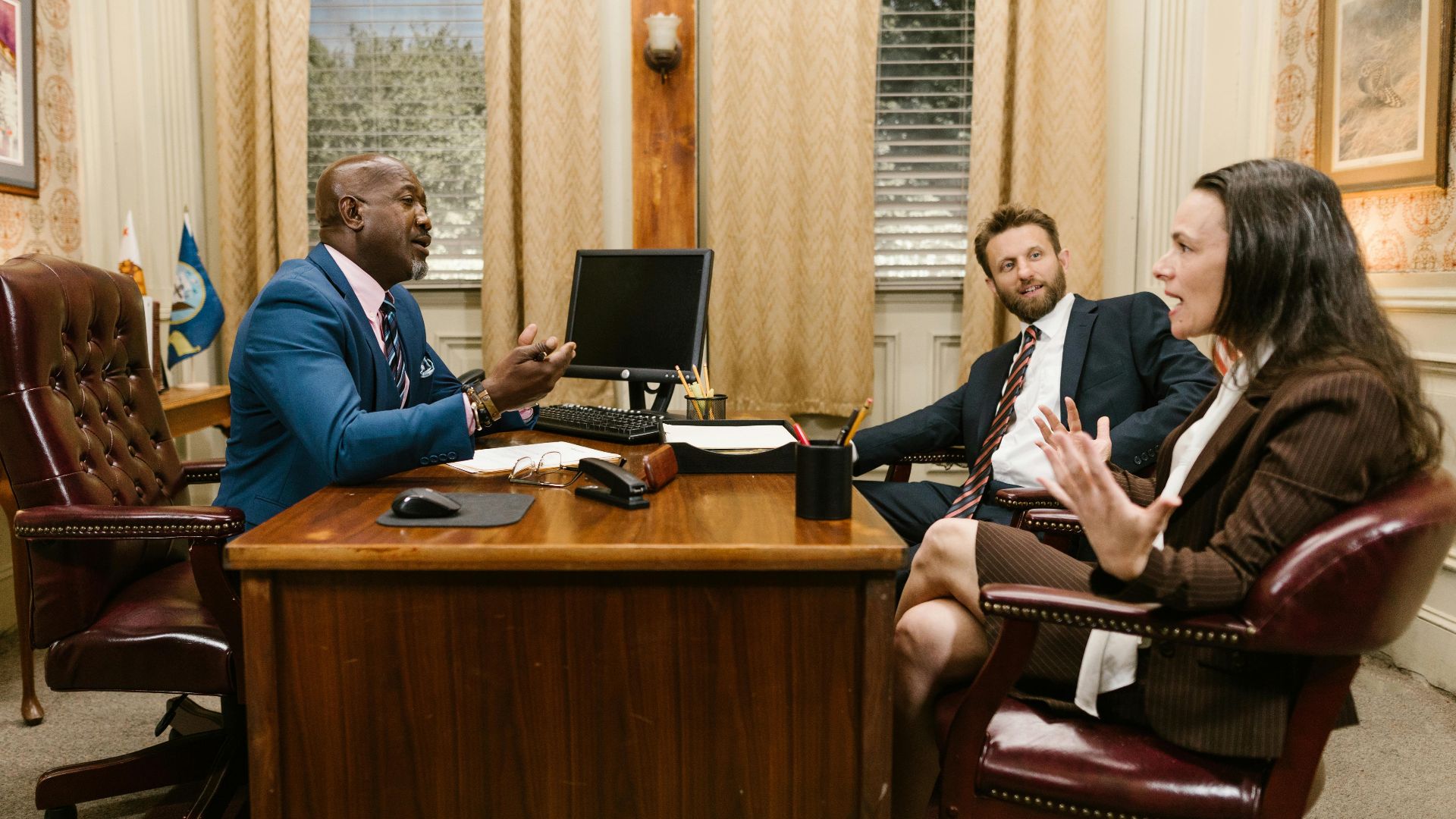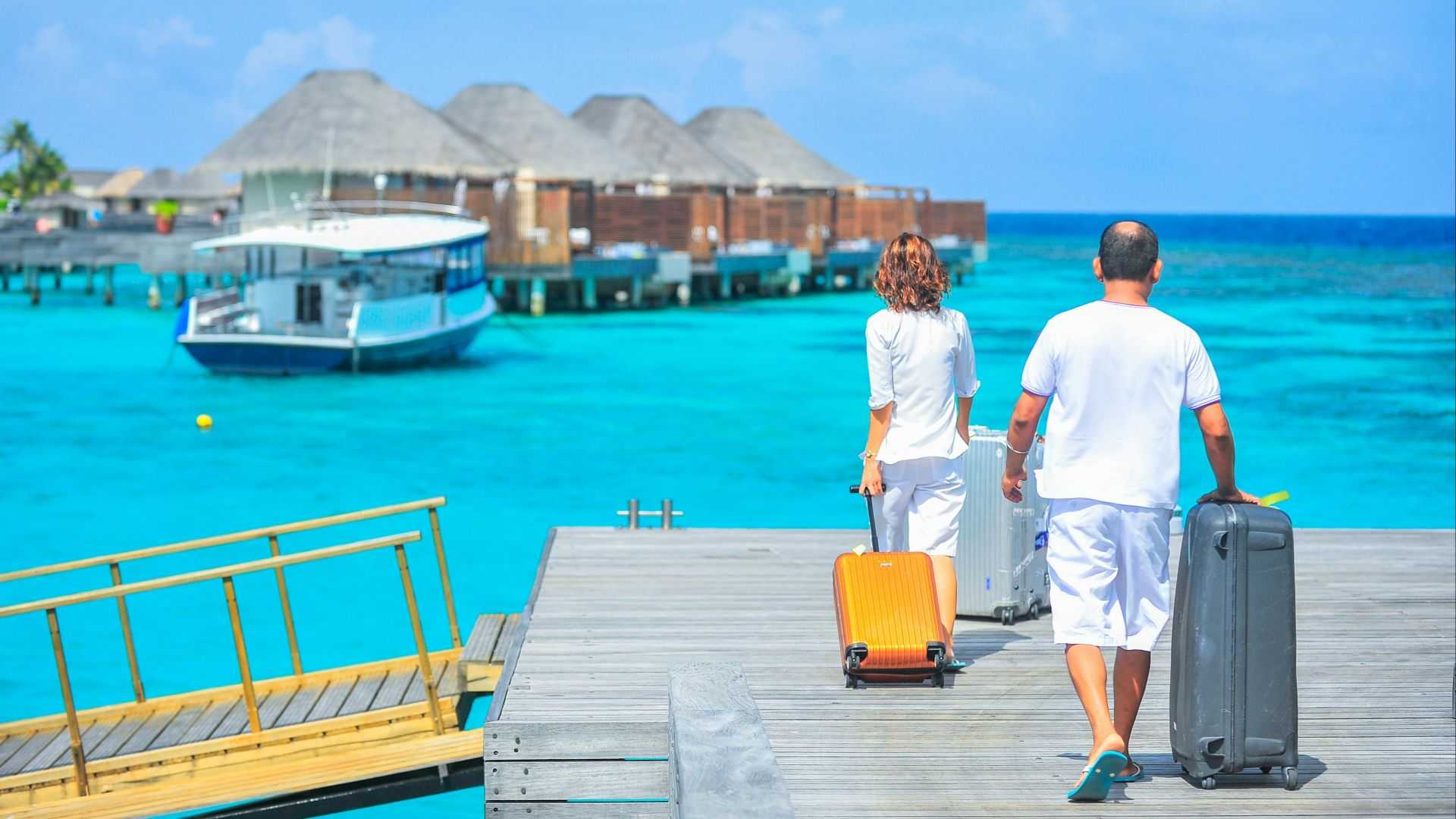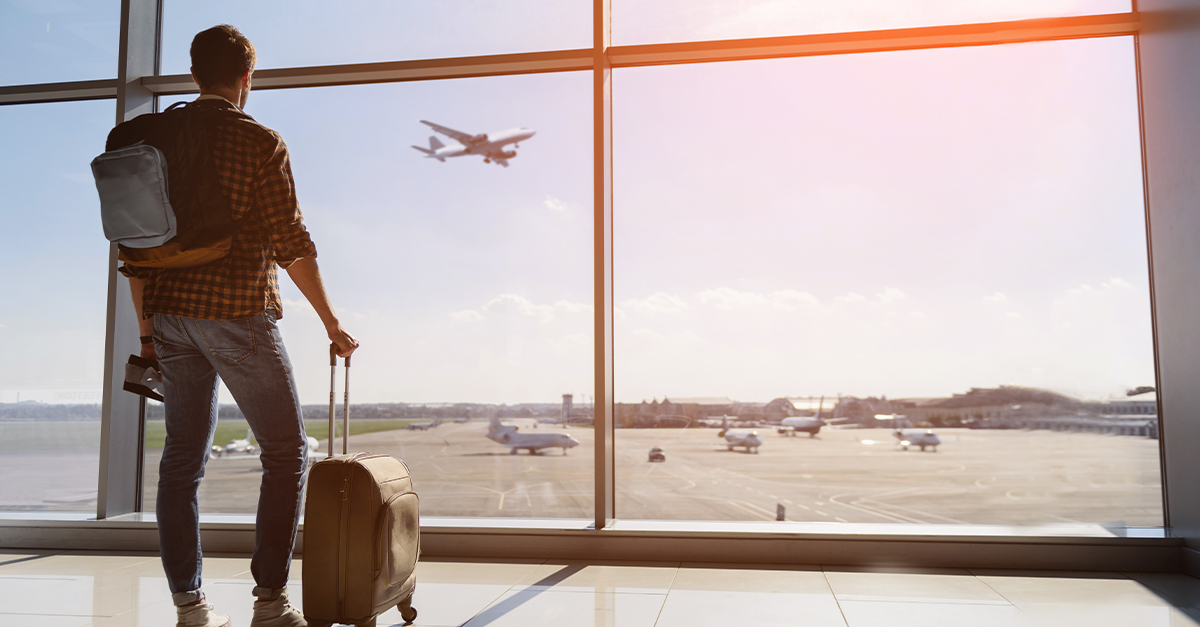When Your Vacation Turns Into A Survival Story
You book an all-inclusive vacation to relax, indulge, and maybe make questionable choices at the swim-up bar—not to spend quality time examining the tile pattern on the resort bathroom floor. Yet foodborne illness strikes thousands of travelers every year, and when it happens on vacation, the stress doubles. Suddenly you’re wondering if that buffet shrimp was plotting against you and, more importantly, whether the resort can be held accountable. Here’s what you need to know before you point any fingers.
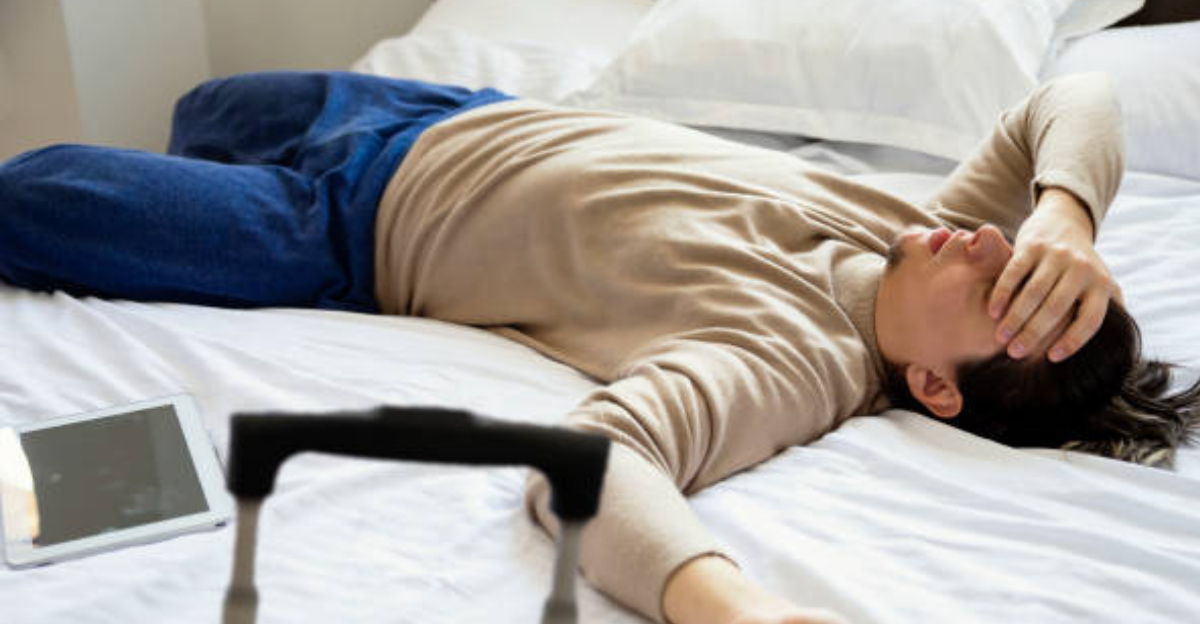
Understanding How Vacation Meals Can Go Wrong
Even in paradise, things can go sideways. Resorts are responsible for handling, storing, and preparing food properly. When they don’t, harmful bacteria or viruses can slip into your meal. This usually stems from sloppy preparation, poor hygiene practices, or food that simply wasn’t stored or cooked at safe temperatures.
Causes Of Foodborne Illness
E. coli, listeria, salmonella, and other unwelcome microscopic guests can sneak into your dish long before it reaches your table. Contamination often starts when employees fail to follow safety protocols, ingredients aren’t washed or heated properly, or pests find their way into food storage areas. Sometimes the resort receives ingredients that were already contaminated before they arrived. Even a single misstep in the preparation chain can lead to widespread sickness.
When Basic Food Safety Isn’t So Basic
If food isn’t cooked to an adequate temperature, pathogens survive. If hands aren’t washed, germs spread. If storage guidelines aren’t followed, bacteria thrive. A resort’s kitchen might look shiny on the outside, but it’s the behind-the-scenes steps—proper heating, handling, and cleaning—that determine whether your meal is safe.
The Biggest Red Flags In Resort Kitchens
Improper food washing or preparation, poor storage methods, and cross-contamination can all transform an all-inclusive feast into a disaster. Add in sick employees or pest infestations and you’ve got a recipe for trouble. In more severe cases, contaminated dishes can lead to long-term complications. Young children and older adults are especially vulnerable, meaning a mistake in the kitchen can be far more serious for them.
Figuring Out What Actually Made You Sick
Here’s the tricky part—you need to determine if your meal at the resort was really the culprit. Symptoms of foodborne illness typically appear within 2 to 6 hours, though sometimes it takes longer, which can muddy the timeline. Nausea, fever, vomiting, and stomach cramps are among the usual suspects. When these symptoms hit during your vacation, it’s easy to assume the resort is responsible, but proving it is another story.
What To Do When Your Vacation Takes A Turn
If you suddenly become ill after a resort meal, timing matters. Pay attention to when symptoms begin, what you ate, and how quickly your condition worsens. This kind of documentation may feel tedious while you’re curled up in your hotel room, but it’s incredibly important if you’re considering a claim.
The Importance Of Seeing A Doctor Right Away
Not every case leads to court action, but if your symptoms escalate, don’t try to tough it out. Visit a doctor immediately, either at the resort clinic or the nearest medical facility. Explain what you ate and when your symptoms began. Medical professionals can order stool or blood tests to identify the pathogen responsible. Lab results can make or break your claim, so don’t skip this step.
Why Testing Matters More Than You Think
If your test results match the same bacteria found in other guests or in resort food samples, you’ve just strengthened your case considerably. Documentation from a healthcare provider is one of the most valuable pieces of evidence you can have. Without it, you’re depending heavily on your own recollection—and resorts rarely accept personal accounts without supporting proof.
Start Gathering Evidence Immediately
If you still have leftovers from the meal that made you sick, don’t toss them. Those leftovers could be crucial. Save any receipts, photos of the food, photos of unsanitary conditions, and notes about your symptoms. The more details you gather, the easier it becomes to connect the dots later on.
Contacting A Lawyer While You Recover
Food-related claims are complex, especially when you’re dealing with resorts in another country. An experienced personal injury attorney can help you sort through what happened, assess whether you have a valid case, and guide you through the process. If you were part of a larger outbreak, they may also help you join an existing lawsuit.
Who Can Be Held Responsible?
Responsibility doesn’t always fall solely on the resort. Suppliers, manufacturers, and retailers may also share liability if the contamination occurred before the food reached the property. Because most outbreaks stem from negligence somewhere in the supply chain, multiple parties may be named in a lawsuit.
When Negligence Enters The Chat And Things Get Messy
If a court finds that a restaurant, resort, or supplier failed to follow reasonable safety guidelines, they may be held accountable for your illness. Compensation can include medical expenses, missed wages, and other financial losses. The key is proving that your illness wasn’t a random fluke but the result of careless handling.
Understanding Class Action Possibilities
When many guests become sick around the same time, a class action lawsuit may be filed. These cases have occurred in large outbreaks involving E. coli, listeria, and other harmful pathogens. Joining a class action can streamline the process and increase the likelihood of receiving compensation, especially when evidence shows widespread contamination.
When A Group Claim Makes Sense
If others at your resort got sick too, that’s an important sign. Multiple matching cases strengthen the argument that a specific source caused the outbreak. Before filing individually, check whether similar reports have been made. Sometimes dozens of people fall ill before anyone realizes a pattern.
The Hardest Part: Proving Liability
Foodborne illness can stem from countless sources, which is why proving that your illness came from a particular meal can be challenging. Symptoms don’t always appear right away, and travelers often eat and drink at many locations. To file a solid claim, you need lab evidence, consistent documentation, and ideally other guests reporting the same thing.
How Severity Impacts Your Case In A Big Way
Claims based on minor discomfort rarely hold weight. But severe symptoms, hospital stays, dehydration, long-term complications, or significant financial losses paint a completely different picture. If your condition required medical treatment or kept you from returning to work, you may have a strong foundation for a claim.
When Filing A Claim Is Actually Worth It
If your illness caused notable physical or financial harm, consulting a lawyer is a smart move. They can help determine whether your case meets the threshold for compensation. Because vacation-related claims can involve international laws, resort contracts, and complex medical evidence, you shouldn’t navigate this alone.
Deciding Whether To Take Action
Ultimately, holding a resort responsible depends on your ability to prove what caused your illness and whether the resort failed to follow proper safety practices. With medical records, preserved evidence, and legal guidance, you may be able to pursue compensation for what happened.
Turning A Vacation Nightmare Into Something Manageable
No one wants their all-inclusive getaway to turn into an unexpected medical saga. But if it does, knowing your options can help you make informed decisions. With the right steps and proper documentation, you can at least regain some control over a situation that felt completely out of your hands.
You May Also Like:
Source: 1



